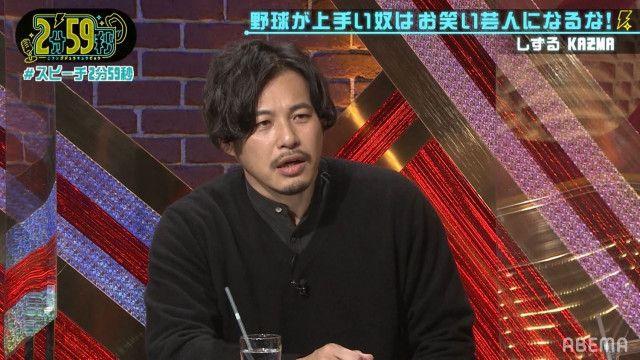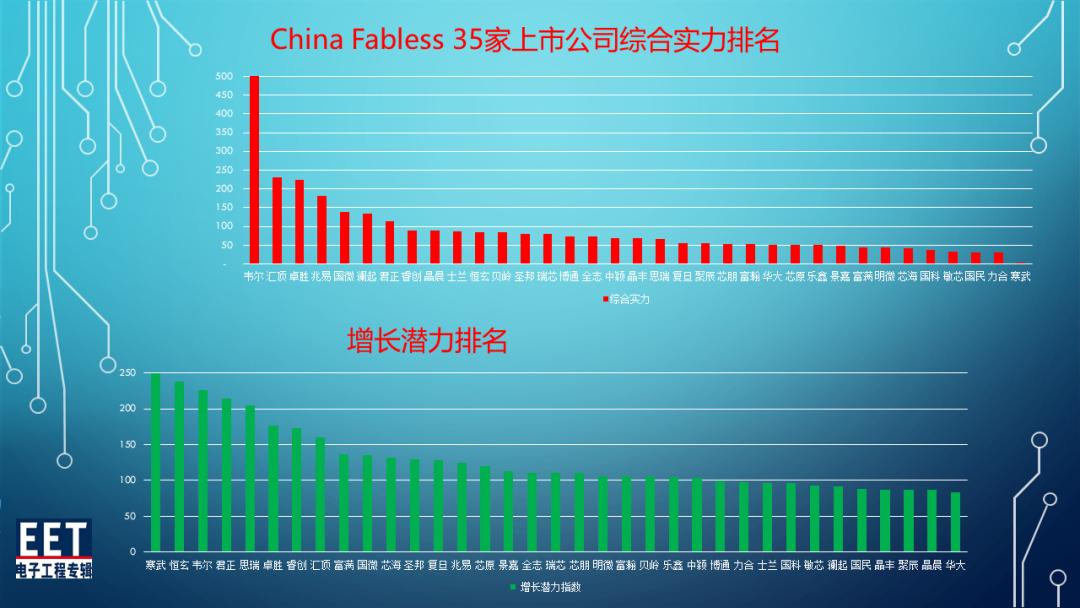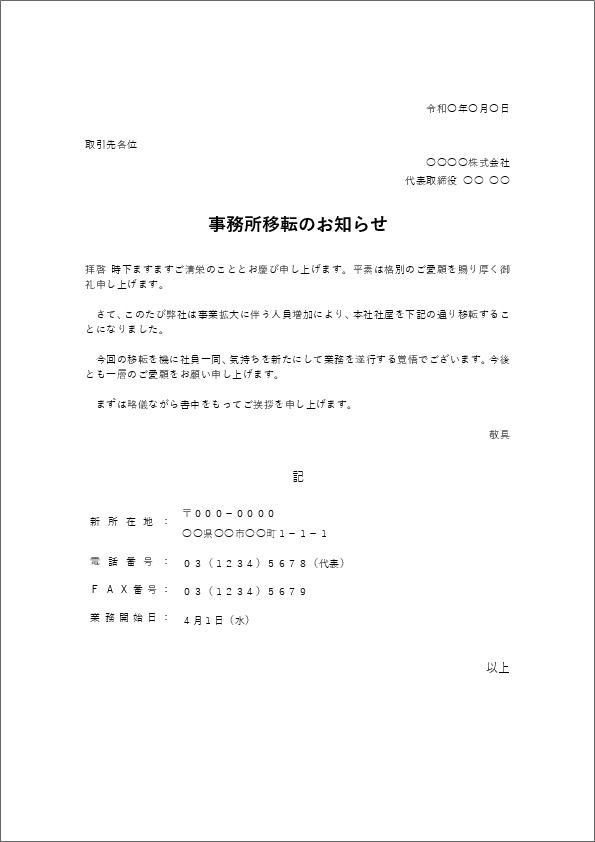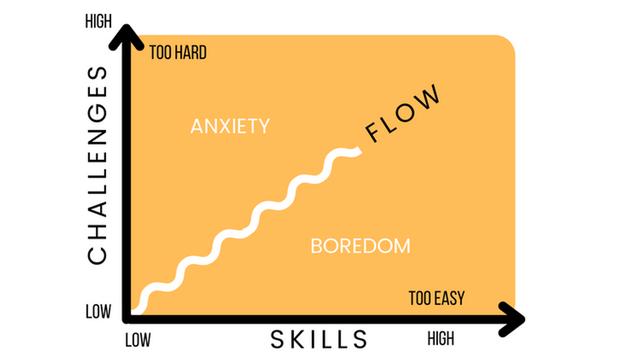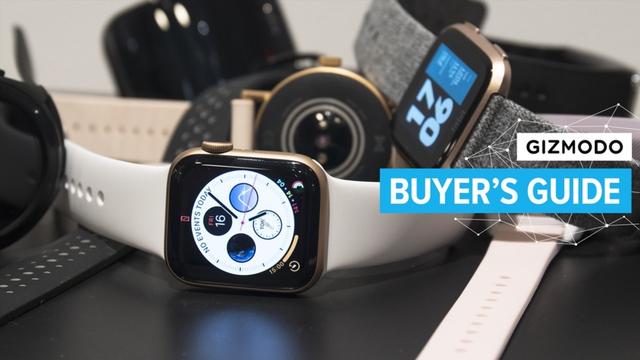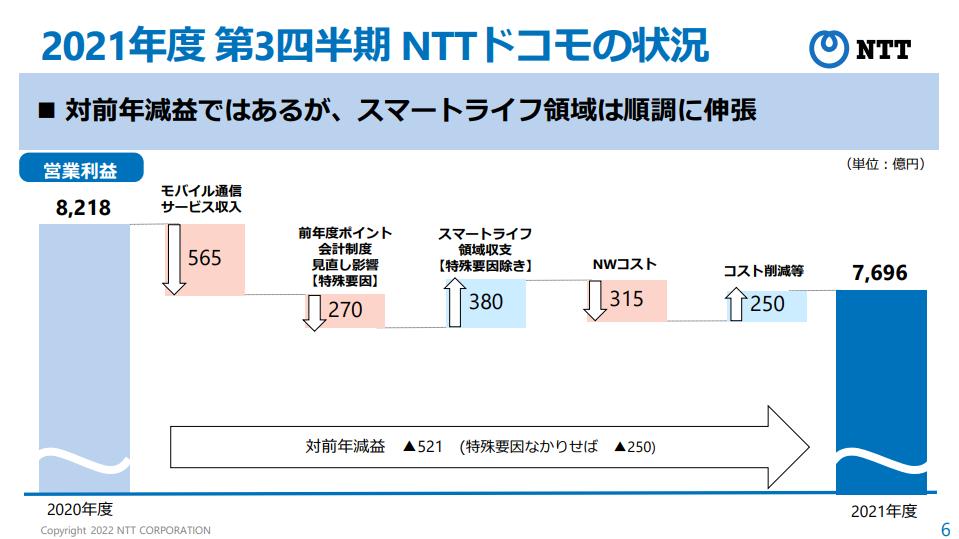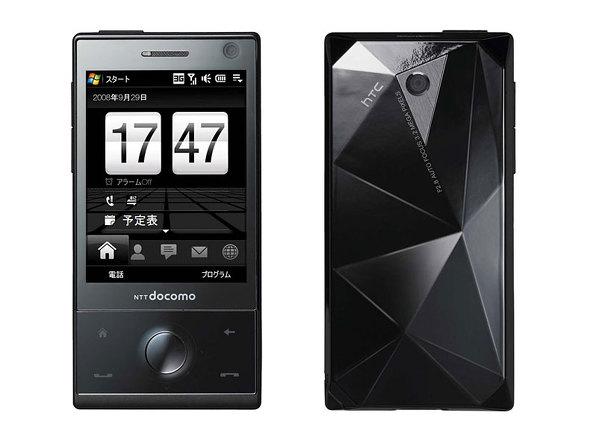Videos and games on a tablet for each student at school... How do you manage them at home? Confused parents: Setagaya ward ``dares to have fewer restrictions'' Responding to divisions by municipality |
``Due to the setting of the lent tablet, it is not possible to manage time at home.
In late April, the following e-mail was sent to this paper from a female guardian in her 40s who lives in Setagaya Ward, Tokyo. The eldest daughter, who is a third-year junior high school student in the ward, takes home an iPad she borrowed from her ward every day and puts it next to her notebook to work. But when a woman peeps in, she's watching irrelevant videos and sites. When I pointed out, "You're not using it for studying," the eldest daughter didn't hide her displeasure, saying, "You don't trust me."
Junior high school students studying at home using a tablet device = in Tokyo
The woman was bewildered, saying, ``In addition to the rebellious period, I was trying to figure out how to deal with smartphones by creating my own rules for my family, and then I was handed a tablet.'' “She can’t concentrate on her studies.
I asked the school to "encourage them not to watch things they don't need", but the school replied, "The ward thinks that 'learning how to socialize is part of studying'." There is no guidance that women can be satisfied with, as it is limited to verbal and letter warnings.
There are many parents like this woman who are worried about how to interact with tablets. The Setagaya Ward Board of Education said in an online seminar for parents held on May 15, ``We have put in place a minimum amount of filtering to block inappropriate content on our devices, but we have limited the amount of time spent watching and using YouTube. No,” he explained. Based on advanced cases nationwide, he said, "If the restrictions are too strict, people will not want to use them. We are intentionally reducing the restrictions from the viewpoint that there is no effect unless they are used."
Flyer distributed by the Setagaya Ward Board of Education to parents. "It's set up with as few restrictions as possible so that everyone can use it freely," he explains.
Associate Professor Shinpei Toyofuku of the International University of Japan GLOCOM, who is familiar with ICT (information and communication technology) education, favorably evaluates Setagaya Ward's policy as "pretty ambitious". Parents point out that it is important to deal well with the dilemma that "it's convenient, but you can't stay connected." He proposes a shift in perspective, such as ``linking to actions rather than time commitments'', ``prioritizing according to the situation'', and ``not burdening children with promises that are difficult to keep''.
Hideki Suzuki, a teacher at Koganei Elementary School attached to Tokyo Gakugei University, who has been promoting the use of ICT in classes since 2017, said, "One terminal per person has great potential. Some children find it easier to express their opinions, for example, through mediation." Regarding troubles that parents worry about, he said, "Troubles and flames naturally happen. A school where everyone knows each other, where teachers can intervene and reflect, is a place where you can safely make mistakes. , it is better to experience a lot of troubles."
How does the 23 wards of Tokyo respond? Filtering, time limits... various operations
Children taking classes using tablets (provided by the Minato Ward Board of Education)
Each municipality has different rules regarding tablet usage, such as the strength of filtering (exclusion function), the presence or absence of time limits, and the frequency with which tablets are taken home. I will introduce the main situation in Tokyo's 23 wards.Shibuya Ward introduced one car per person in 2017 ahead of other wards. In order to "prevent access to dangerous sites that threaten safety," I set it so that only video sites necessary for learning can be viewed.
On the other hand, Minato Ward says, "There are many children who have been exposed to YouTube and games for a long time, so we only have the minimum security." "I want children to learn information morals in the same situation as when they go out into the world, and discuss how to use it at home."
Arakawa Ward, which deployed one device per person in November of last year, says that "filtering is not strict", but they have not received any complaints about how to use it at home. The person in charge said, "We ask children to submit a consent form that they will not use it for purposes other than learning, and we inform them of the possibility of being involved in crime on SNS etc. Because cooperation and understanding at home are progressing. I guess.
Nerima Ward and Shinagawa Ward restrict internet connections at night. Nerima Ward, which has set the usage time from 6:00 am to 10:00 pm, recognizes that ``it is only for study, and it is not something that can be used freely like a home terminal.'' It is said that he also considered the effects on regular life and eyes.
Regarding apps and games, all of the wards that we interviewed said they were "risk of virus infection", and the board of education set them to disseminate them or install them only from app stores approved by the school.
In some wards, security has been enhanced, and even if the board of education checks the usage status, "there are children who try to slip through the net and watch video sites", revealing the current situation of cat-and-mouse. The ward is considering setting a day when devices are not to be brought home, and notifying teachers when they check the usage status. "It's important for schools, families, and the government to work together to watch over children," said an official.
Aiming for learning that nurtures creativity according to individual abilities and aptitudes, each elementary and junior high school student nationwide will be provided with learning terminals such as tablets, and schools will be equipped with a high-speed, large-capacity communication environment. National educational policy. Initially, the plan was to complete the deployment by 2023, but the spread of the new coronavirus made it urgent to respond to online learning, so it was implemented earlier than planned. There are differences in the deployment and operation status depending on the local government.
Please feel free to send us your opinions on the "one tablet era", experiences related to tablet terminals, requests for interviews, etc. at Tokyo Sukusuku.
